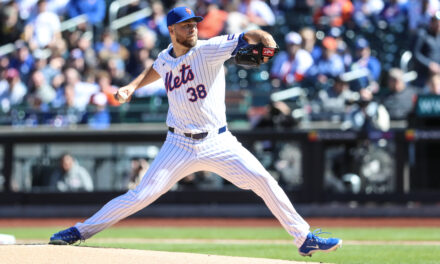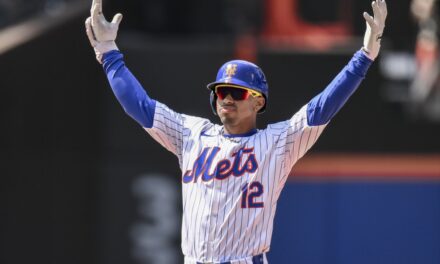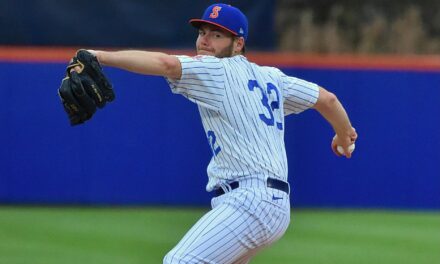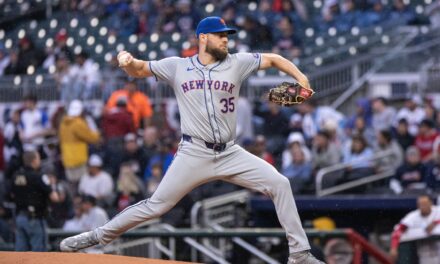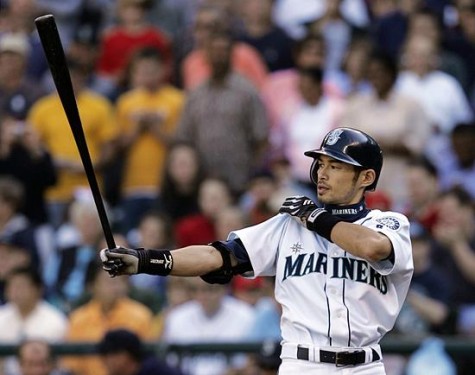
As the New York Mets conclude their three-game set against the Miami Marlins on Sunday, baseball fans continue to watch a 42-year-old hitting marvel, who is only four hits shy of reaching the elusive 3,000 hit club. What’s more amazing is that combined with the nine-years he spent with the Orix Blue Wave team in Japan, Ichiro Suzuki already has a combined 4,274 hits, 18 more hits than Major League Baseball’s hit king, Pete Rose (4,256).
Former Mets’ manager Bobby Valentine remembers Ichiro well. Having managed the Chiba Lotte Marines, a Japanese team in the Nippon Professional Baseball league in 1995, Valentine remembers a young 21-year-old who he would eventually describe as a “freak of nature”.
In an interview with The Wall Street Journal, Valentine spoke on how his team would hold daily meetings to discuss how to pitch to the unstoppable Ichiro at the plate.
“I said, ‘I can’t believe we’re having a meeting every day. We’ll get him out when the season starts,’” Valentine said. “I guess we needed two meetings a day.” (Jared Diamond, Wall Street Journal)
Valentine and his staff had good reason to game plan against Ichiro. In 1995, Ichiro compiled one of his best seasons in Japan, with a stat line of .342/.432/.544 with 25 homers, 80 RBI, 49 stolen bases in 58 chances, 104 runs scored, and more walks (68) than strikeouts (52).
Ichiro became a phenomenon in Japan, winning three straight Pacific League MVP Awards (1994-96), was a seven-time batting champion (1994-2000), and won a Japanese championship in 1996. His hitting prowess became so noteworthy, that the press began calling him the “Hit Manufacturing Machine”.
Fast forward to 2000, as Orix permitted MLB teams to submit offers for Ichiro’s services to play in the states. The team wasn’t as good as previous years, and they didn’t want to risk losing Ichiro for nothing, so they allowed him to negotiate with major league teams after the 2000 season.
Valentine was now in his fifth year and fourth full season managing the Mets in 2000, leading his team to the World Series against the crosstown rival New York Yankees. When Ichiro was posted for teams to bid on, Valentine wanted desperately for the Mets to make a move for his services.
“There’s been many a night that I said to myself, ‘I wonder how things could have been different if he was in my outfield,’” Valentine said. “For him in New York, for me staying in New York. I think it would have been fun.”
But doubts lingered, even after all the amazing feats Ichiro had accomplished in Japan. No position player had ever come to the states and transitioned from the Japanese league to the majors. There was a certain amount of risk being placed by whichever team took a shot at the then 27-year-old, especially with his unorthodox batting style and his mannerisms at the plate.
“We had this internal debate: What do you expect out of him?” said Jim Duquette, then an assistant general manager with the Mets. “I remember seeing video of the swing, and it was like, ‘Eh, is that going to play?’ You just had no idea.”
Mets brass met and discussed Ichiro numerous times, before comfortably bidding a little over $9 million, which would go the the Orix Blue Wave as compensation, then leaving the winning team with 30 days to negotiate a contract with the player.
To read the whole story, please go to the Wall Street Journal. where Jared Diamond shares more details on how it all played out, plus additional insights and commentary from Duquette, Phillips and Valentine.


